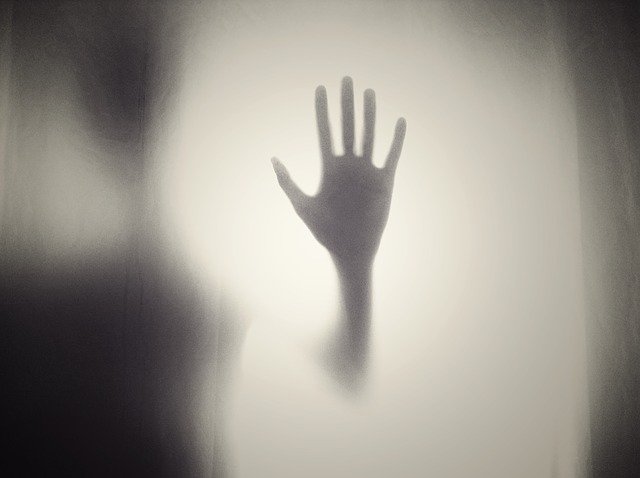As a psychotrauma therapist specialized in working with the consequences of narcissistic abuse, on a regular basis I’m meeting people who have been given the role of scapegoat in a dysfunctional family system.
These are challenging and always very painful processes, because their suffering is immeasurably high. These people almost always have a fighting mentality, and do not stop to reveal the truth. The painful fact is that this is a necessary strategy to survive in the family system.
They suffer under the suppression of the fact that they are blamed, no matter what goes wrong in the family, often caused by one or two narcissistic parents.
Imagine what it is like that those who are closest to you, your family, your bloodline, turn against you as one front when you are ‘out of sync’ with the system. This is often where it starts, the scapegoat has learned that when he or she adapts, he or she takes the blame, there is ‘nothing’ going on. But sooner or later this begins to nag and the scapegoat is in danger of collapsing under the burden of guilt laid upon his or her shoulders. This is the moment when they stand up and begin to speak for the truth. They are going to speak out, hoping that everyone wakes up, but the contrary happens. The whole system is going to resist, because the truth is too confrontational.
What I keep seeing is that the scapegoat is declared unstable and crazy by everyone. What’s happening? The scapegoat will have to look for help to ‘heal’. Subsequently, the call for recognition will not be recognized by the helping professional, but they will be labeled as ‘delusional’, untreatable or just a troublesome person with an adaptation problem. This is extra traumatic, because the institutions that have to offer help achieve the opposite. They get re-traumatized.
People who suffer from this almost always are severely traumatised, with or without dissociative symptoms or increased psychosis sensitivity.
As a result, scapegoats usually develop the ability to enter into a healing process with themselves without the help of others. This is a great quality but also a cold lonely road.
Almost always there is only one possibility left, and that is breaking up with the family. They have to find a new safe ‘family’ in the form of a loving partner or another loving support group.
In regular care, the destructive effects of narcissism in families may become much more widely accepted and recognized.
Therefore, as a professional, please inform yourself well, and look through the story someone is telling.



